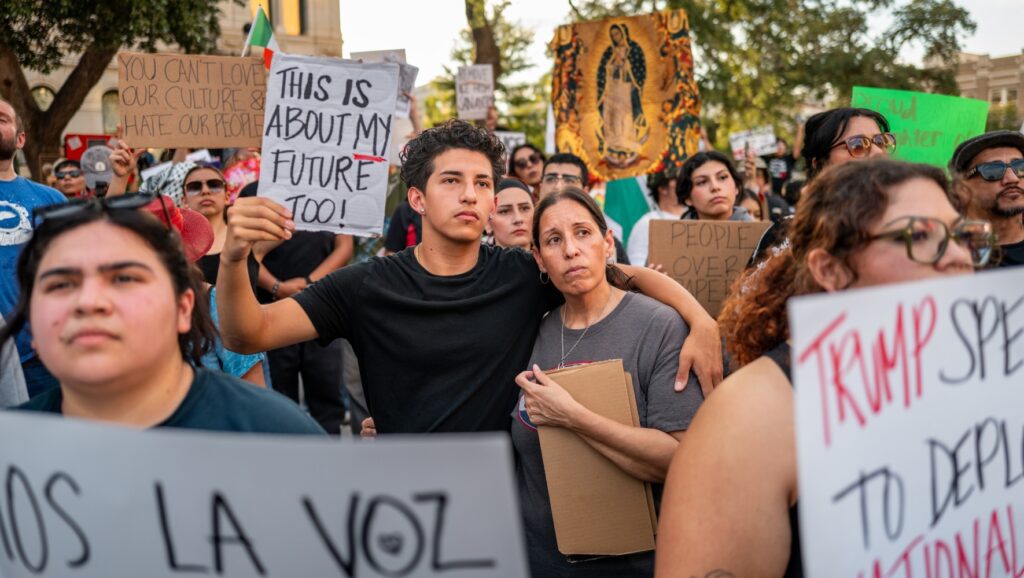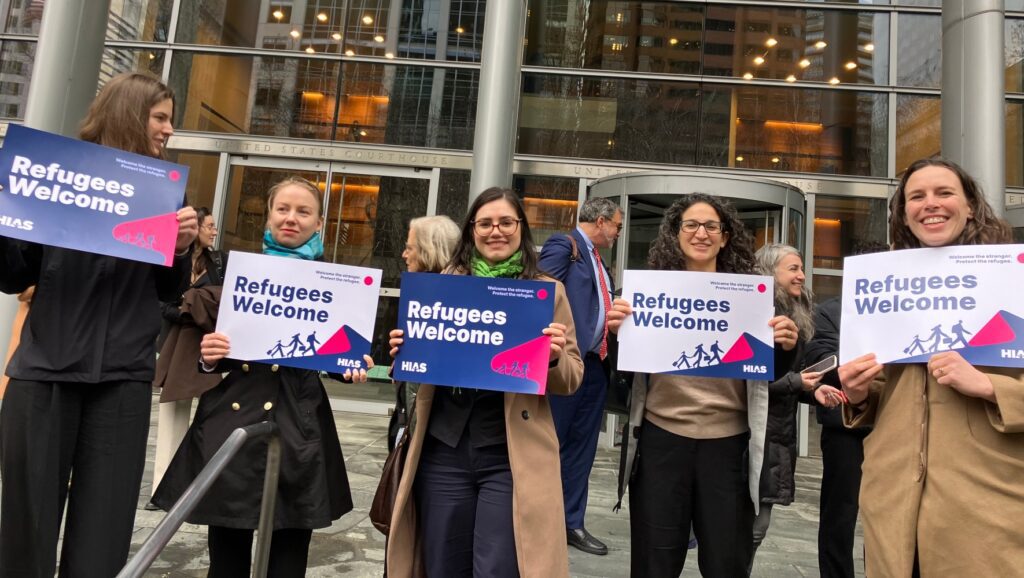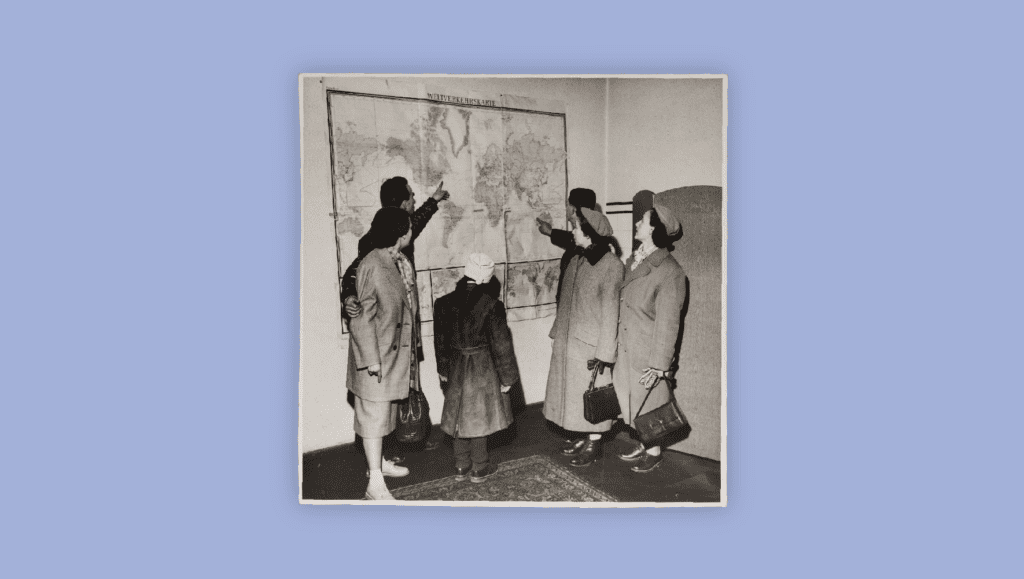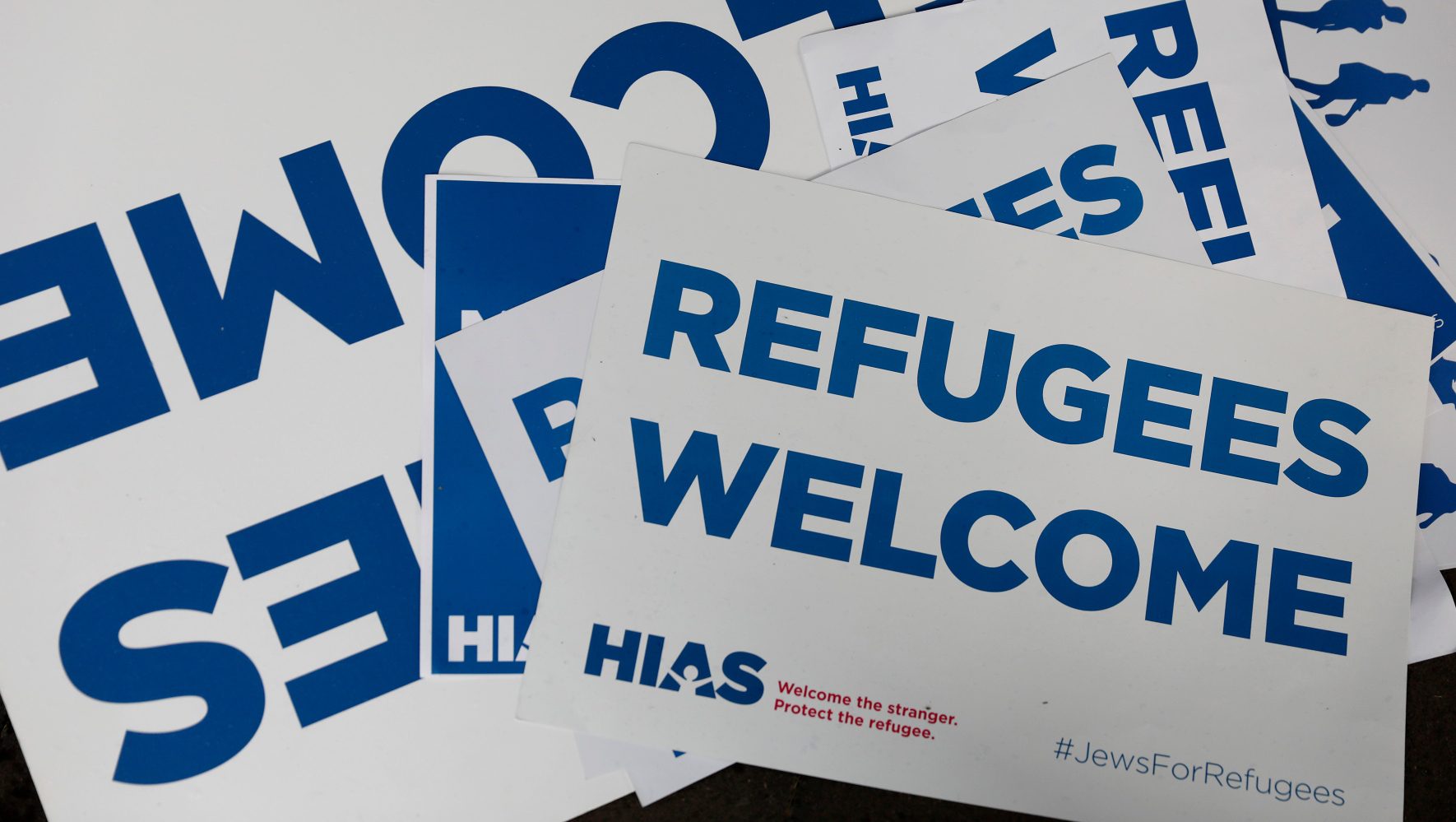
Since taking office, President Trump has issued hundreds of executive orders, memoranda, and proclamations, many of which pertain directly to immigration, asylum, and refugee resettlement. These actions, along with additional executive orders and legislation expected in the weeks and months ahead, are poised to reshape United States policy in a significant way.
In response, HIAS has launched a new series summarizing important developments and explaining what they mean. These recap posts, along with relevant articles, statements, and resources, can be found at a new page we’ve built to track the new administration’s effect on displaced people.
This week, we review how actions taken during Trump’s fourth week in office impact refugees and other displaced people.
Read previous entries in this series:
Refugee Rights and the Trump Administration: Week One
Refugee Rights and the Trump Administration: Week Two
Refugee Rights and the Trump Administration: Week Three
HIAS Joins Litigation to Stand Up for Refugees
What happened: On February 10, HIAS along with Church World Service, Lutheran Community Services Northwest, and nine individual plaintiffs, joined Pacito vs. Trump, a lawsuit challenging the Trump administration’s shutdown of the U.S. Refugee Admissions Program. The lawsuit challenges both President Trump’s executive order (EO) suspending refugee admissions in the United States as well as related government stop-work orders (SWO) that effectively halted processing and services for recently arrived refugees. Pacito vs. Trump alleges that both the EO and SWO are unlawful for many reasons, including that they have caused irreparable harm to the individual and organizational plaintiffs and also violate the 1980 Refugee Act, which establishes a statutory framework for how refugees should be admitted to the U.S.
What it means: In joining the lawsuit, HIAS is standing for the rights and safety of our clients and for a vision of the United States as a country that welcomes refugees with compassion and dignity. Refugee resettlement is a safe and legal pathway for people who fled persecution and violence. Historically, the refugee resettlement program long had bipartisan support, as a core humanitarian program and a key component of our international relations and national security.
“Every day, we see the grave and devastating impact of Trump’s efforts to dismantle the USRAP,” said HIAS President Mark Hetfield. “There are now people stranded all around the world after they’ve undergone years of standing in line to be vetted and approved for resettlement in the U.S.”
“Every day, we see the grave and devastating impact of Trump’s efforts to dismantle the USRAP”Mark Hetfield, HIAS President
HIAS Joins Lawsuit Challenging Foreign Assistance Funding
What happened: On February 11, HIAS joined several other humanitarian organizations in filing a lawsuit, Global Health Council vs. Trump, seeking to stop the new administration’s freeze on foreign assistance programs. The ban, administered by the U.S. State Department and the Office of Management and Budget (OMB), has resulted in the withholding of funds lawfully appropriated by Congress. On February 13, a federal district court in Washington, D.C. issued a temporary restraining order (TRO) temporarily halting the freeze on foreign aid spending.
What it means: The abrupt and arbitrary suspension of foreign assistance has created devastating impacts for millions of people around the world, leaving them more vulnerable to violence, trafficking, and exploitation. For HIAS, it has halted programs serving 450,000 clients, including immediate and life-saving programs for displaced and at-risk children, mental health and psychosocial support for refugees experiencing high levels of distress, economic inclusion programs that supported refugees in establishing new lives, and protection against trafficking and violence for women and girls around the world.
The TRO granted in this case is a step in the right direction, and the Trump administration must now comply with the court and restore foreign aid funding.
“It is offensive to our Jewish values and poses an existential threat to our work, our mission, and our decades of public-private partnership with the United States government,” said Hetfield.
Faith-Based Organizations File Lawsuit Challenging “Sensitive Locations” Policy
What happened: More than two dozen faith-based organizations, including the Reform, Conservative, and Reconstructionist movements of Judaism, filed a lawsuit challenging the Trump administration’s rescission of a “sensitive locations” policy that prohibited Immigration and Customs Enforcement (ICE) from entering houses of worship.
What it means: The lawsuit seeks to preserve the right of religious organizations to practice their faith without intrusion from the federal government, a bedrock principle of the U.S. constitution.
House, Senate Prepare Legislation Impacting Migration in the U.S.
What happened: The House and Senate each introduced budget resolutions calling for vast spending increases on border security, mass deportation, immigration detention, and deputizing state and local law enforcement. Both resolutions will soon come up for a vote before the full House and Senate.
What it means: These spending priorities are motivated by unsubstantiated claims and false narratives that criminalize and instill fear among the public of immigrants, refugees, and asylum-seekers. Research shows that as the immigrant share of the population grows, the crime rate declines, and most economists agree that immigration contributes to economic growth.
The bills’ emphasis on “deterrence through enforcement” fails to account for the humanitarian needs of vulnerable individuals who are fleeing persecution and restricts access to the right to seek asylum as required under domestic law and international treaties. Deterrence policies also force individuals into the hands of human smugglers while exposing them to increased violence, targeted kidnapping, extortion, and rape.
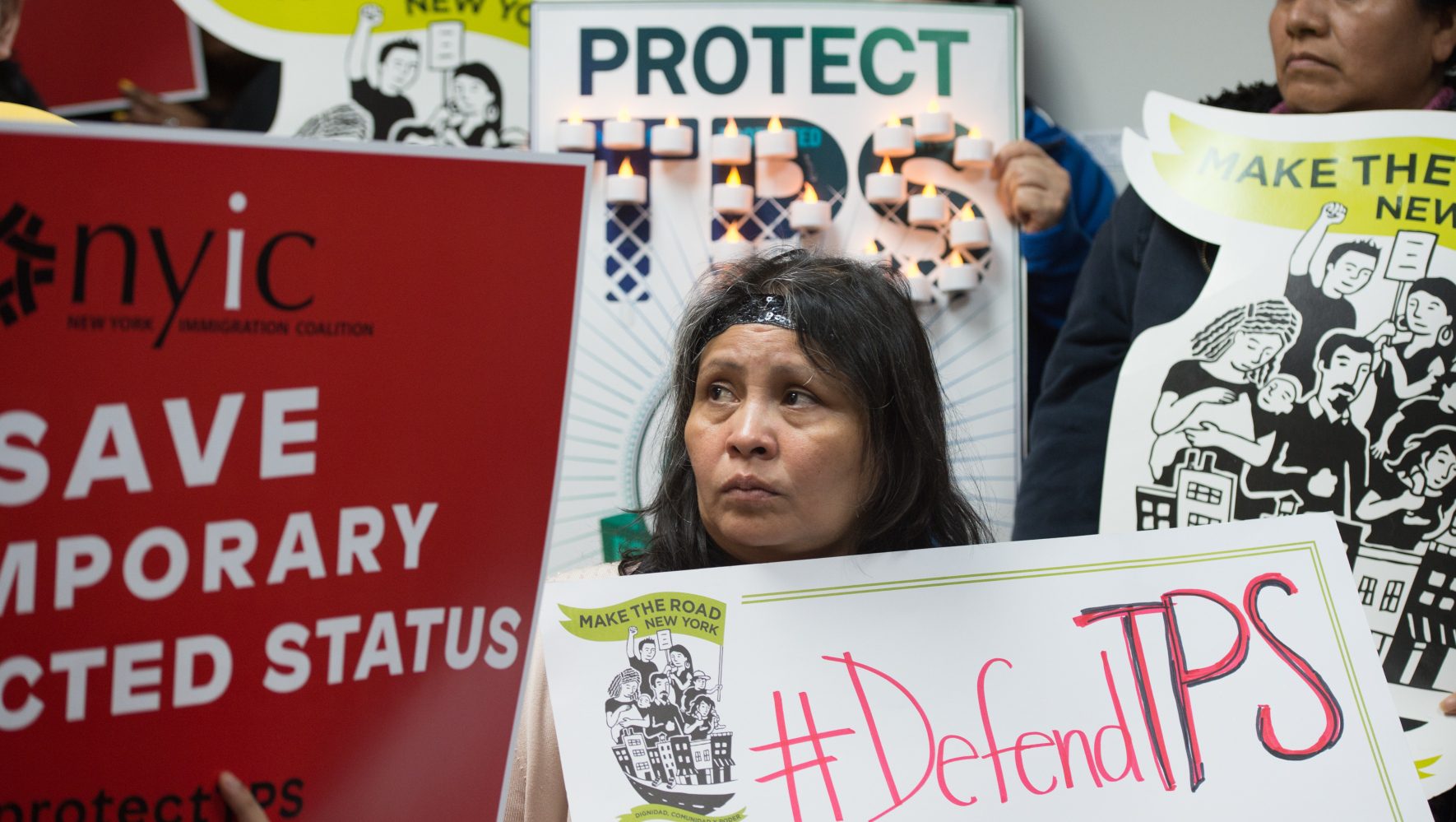
Deep Dive: Temporary Protected Status (TPS)
Read MoreSan Francisco and Other Jurisdictions Sue Trump Administration Over “Sanctuary City” Threats
What happened: On February 7, the city of San Francisco and other jurisdictions sued the Trump administration for threatening and unlawfully targeting “sanctuary” jurisdictions, which the plaintiffs characterize as an abuse of power. The suit came one day after the Trump administration’s own legal action against Chicago and Illinois over their sanctuary city status. And on February 12, the Department of Justice filed a lawsuit against New York challenging the state’s Green Light Law, which limits the information that the DMV can provide to ICE about non-citizens who apply for drivers’ licenses.
What it means: Sanctuary laws are a lawful and constitutional use of state and city authority to protect public safety and promote economic vibrancy.
